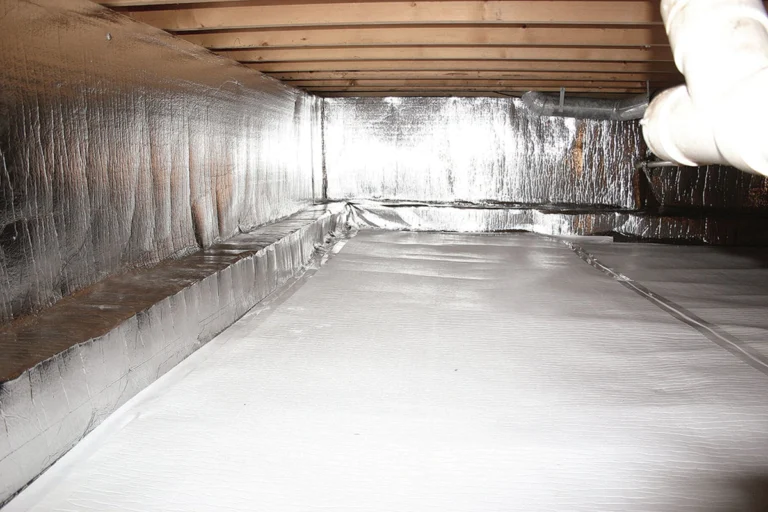If you’re a homeowner in Burlington, you may have heard about backwater valves and their benefits. In this article, we will provide you with the information you need to make an informed decision about whether to install one in your home.
What You Need To Know About Backwater Valve?
Backwater valves are a critical component of your home’s plumbing system. They help prevent sewage backups, which can be a significant problem during heavy rainfall or flooding. Backwater valves work by blocking the flow of wastewater from your home’s plumbing system and redirecting it back out to the street.
What Is Backflow?
Backflow is a phenomenon that occurs when wastewater from your home’s plumbing system flows back into the main sewage system. Backflow can happen for several reasons, including heavy rainfall or flooding. When backflow occurs, it can cause sewage backups, which can be a health hazard and cause significant damage to your home.
What Is A Backwater Valve?
A backwater valve is a plumbing device that helps prevent sewage backups in your home. It is installed in your home’s main sewer line and works by blocking the flow of wastewater when the main sewer line becomes overwhelmed. Backwater valves are a reliable and cost-effective way to prevent sewage backups and protect your home from water damage.
Advantages
There are several advantages to installing a backwater valve in your home, including:
- Protection against sewage backups: Backwater valves help prevent sewage backups, which can be a significant problem during heavy rainfall or flooding.
- Prevents water damage: Sewage backups can cause significant water damage to your home, which can be expensive to repair.
- Increases property value: A backwater valve can increase the value of your home, as it is a valuable feature that many homebuyers look for.
Why choose us?
At our backwater valve installation company, we have years of experience in installing backwater valves and ensuring that our clients’ homes are protected from sewage backups and water damage.
Here are some of the reasons why you should choose us:
- Expertise: Our team of experts has years of experience in backwater valve installation and can handle any problem.
- Quality products: We use only the best quality backwater valves and materials to ensure the best possible results.
- Customer service: We pride ourselves on providing excellent customer service and will work closely with you to ensure that you are satisfied with the results.
Installing A Check Valve Will Prevent Flooding Of Your Home As Well As Clogging Of Overflowing Drains
Installing a backwater valve is a simple and cost-effective way to prevent sewage backups and protect your home from water damage. Backwater valves work by blocking the flow of wastewater when the main sewer line becomes overwhelmed, preventing water from backing up into your home.
How Does It Work?
When the main sewer line becomes overwhelmed, the backwater valve automatically closes to prevent water from backing up into your home. Once the water recedes, the valve opens back up, allowing wastewater to flow back out to the street.




 CLOGGED OR BROKEN WEEPING TILE
CLOGGED OR BROKEN WEEPING TILE

